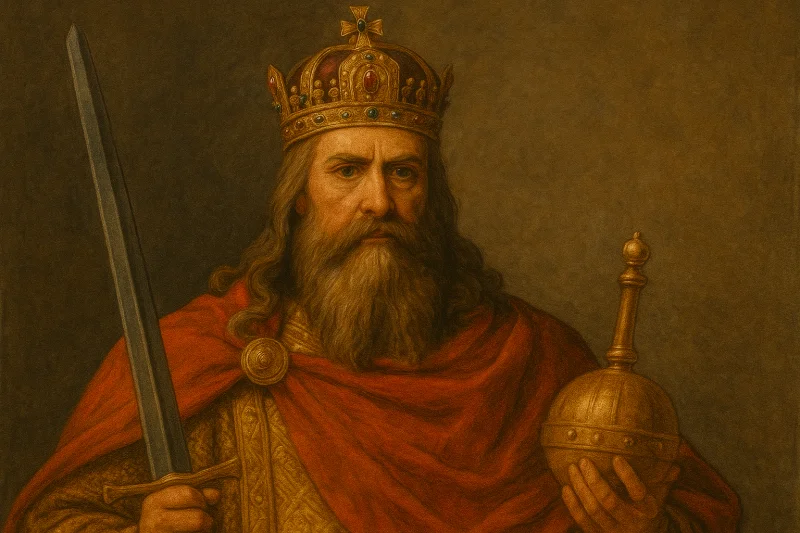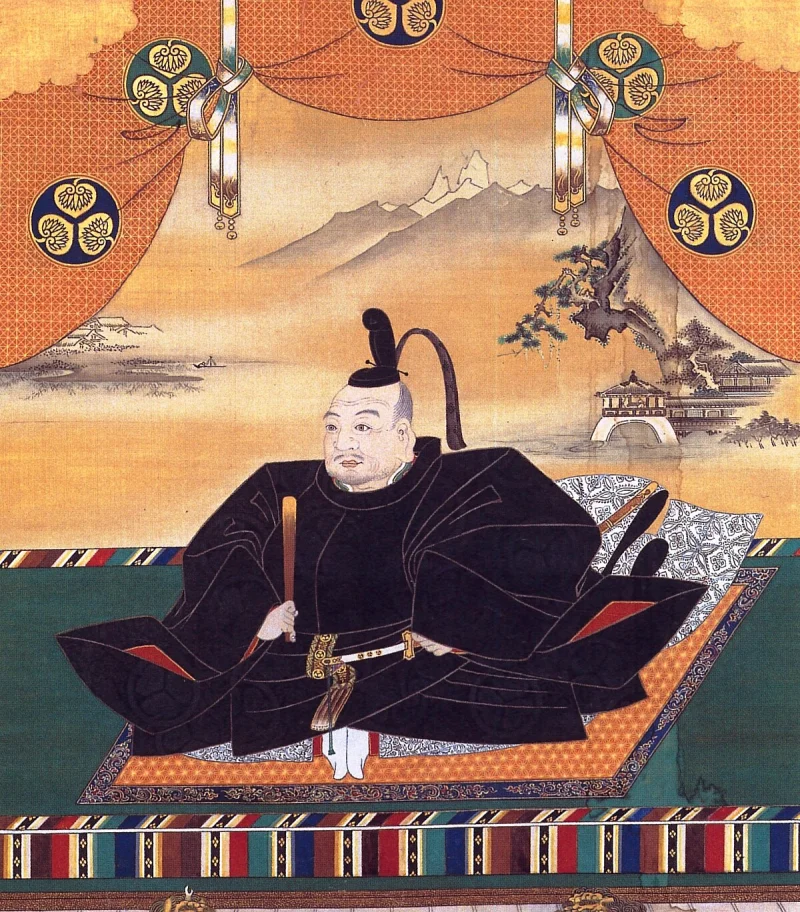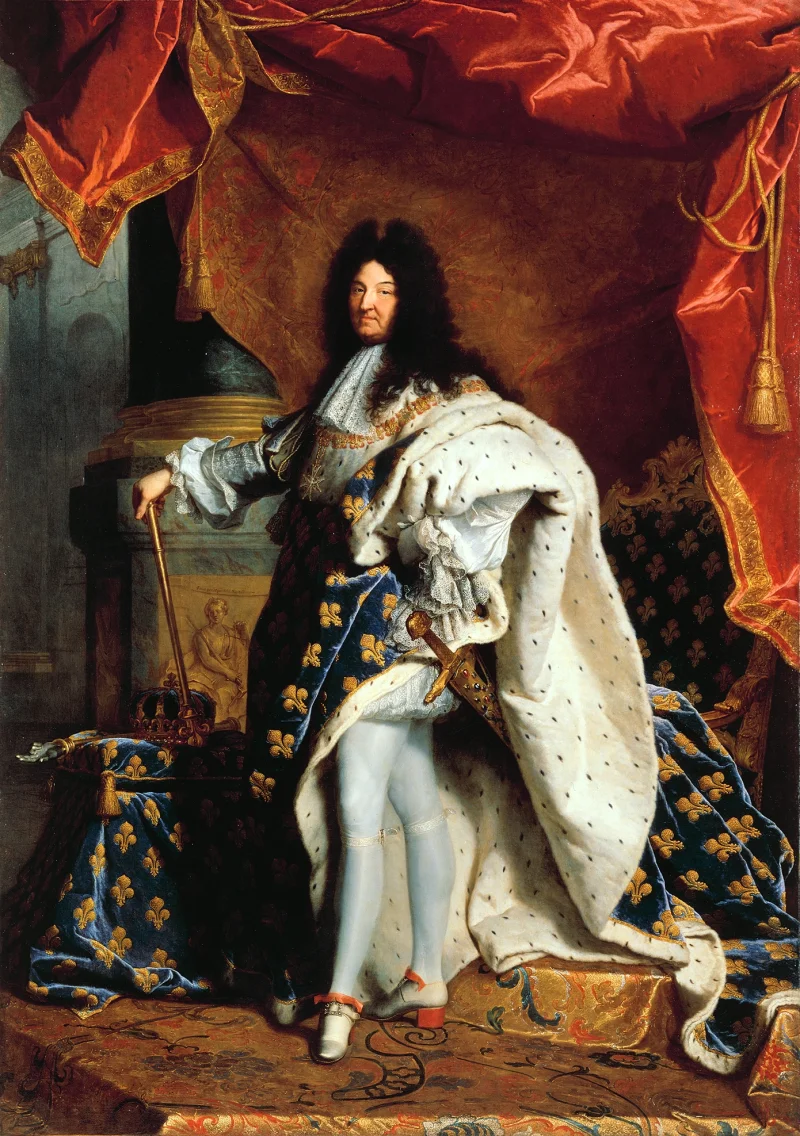Short Summary
Charlemagne, also known as Charles the Great, was a medieval emperor who ruled much of Western Europe from 768 to 814. He is renowned for uniting a large part of Europe during the early Middle Ages and laying the foundations for modern France and Germany. Charlemagne's reign marked a turning point in European history, characterized by significant cultural and political changes, and he is often credited with the Carolingian Renaissance, a revival of art, religion, and culture through his support of the Church.
Early Life & Education
Charlemagne was born around 742 AD, likely in what is now Belgium. He was the elder son of Pepin the Short, the first Carolingian King, and Bertrada of Laon. His early education was tailored towards preparing him for royal duties, focusing on military and political training rather than formal schooling. Influenced by his father and grandfather, Charles Martel, Charlemagne developed a deep understanding of leadership and governance. His upbringing in a politically turbulent environment instilled in him a sense of ambition and determination to expand and consolidate his realm.
Career Highlights
Charlemagne's career began with his co-rule with his brother Carloman I after their father's death in 768. Following Carloman's sudden death in 771, Charlemagne became the sole ruler of the Frankish kingdom. His reign was marked by numerous military campaigns, including the conquest of the Lombards, Saxons, and Avars, expanding his empire significantly. In 800, he was crowned Emperor of the Romans by Pope Leo III, symbolizing a restoration of the Western Roman Empire. His governance was characterized by the establishment of efficient administrative systems and the promotion of education and culture.
Major Achievements
- Expanded the Frankish Empire: Successfully united much of Western Europe under his rule.
- Revived the title of Roman Emperor: Crowned as Emperor of the Romans in 800, legitimizing his rule over the territories.
- Promoted the Carolingian Renaissance: Encouraged a revival of art, culture, and learning across his empire.
- Established administrative reforms: Implemented systems that improved governance and justice in his territories.
- Strengthened the Christian Church: Fostered the spread of Christianity and supported the Church's role in governance.
Famous Quotes
- "Right action is better than knowledge; but in order to do what is right, we must know what is right."
- "To have another language is to possess a second soul."
Interesting Facts
- Charlemagne was illiterate for much of his life but was a great patron of learning and education.
- He was known for his tall stature, reportedly over six feet, which was exceptional for his time.
- Charlemagne had 18 children from multiple marriages and concubines.
- The capital of his empire was Aachen, where he built a magnificent palace complex.
- He was canonized by the Antipope Paschal III, although this canonization was never recognized by the Church.
Legacy / Influence
Charlemagne's legacy endures in the form of the Carolingian Empire, which laid the groundwork for modern European states. His promotion of learning and culture initiated the Carolingian Renaissance, influencing the development of education and arts in Europe. As a pivotal figure in European history, his efforts to unify the continent under a singular Christian rule set the stage for the Holy Roman Empire and subsequent European political landscapes.
FAQ
Q: Why is Charlemagne famous?
A: He is famous for uniting much of Western Europe during the Middle Ages and being crowned Emperor of the Romans, marking a revival of the Roman Empire in the West.
Q: What was Charlemagne's role in education?
A: He promoted the Carolingian Renaissance, encouraging the revival of learning and the arts, and established schools and reforms that improved education.
Q: How did Charlemagne influence religion?
A: He strengthened the Christian Church by supporting its role in governance and spreading Christianity throughout his empire.
Q: What was Charlemagne's relationship with the Roman Empire?
A: He was crowned Emperor of the Romans, symbolically reviving the Western Roman Empire and enhancing his legitimacy as a ruler.










